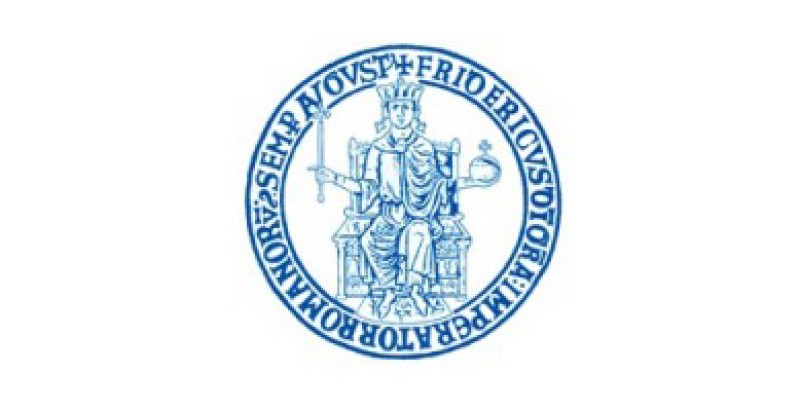Sub-theme 40: The Power of Ideas and Habitus: Organizing from the Past to the Present [merged with sub-theme 62]
Call for Papers
Despite the accumulating body of research on the birth of organization theory (e.g. Adler, 2009), there have been
astonishingly few contributions that challenge the established views of the social and philosophical ideas marking the origin
of organizational studies. Typical assessments begin from Taylor, Fayol and Weber, continuing to the works of Mayo, Roethlisberger,
Barnard other Harvard scholars, and, onwards, to the first generation of self-conscious sociology of organizations (Wren &
Bedeian, 2009; Hatch & Cunliffe, 2006). Even when there are attempts to expand this predominantly Western narrative, one
could argue that the investigations reorient their attention only minimally in terms of the temporal (Jacques, 1996) or institutional
(Drucker et al., 1995) focus adopted.
In this sub-theme, we want to invite contributions that take a new look
into the previously unrecognized or marginalized origins of organization theory. By doing so, we want to highlight
the overt power particular ideas have had historically on the foundations of organization theory, whilst also emphasizing
the emancipatory or ethical potential of philosophies, worldviews and cultural practices that have been so far excluded from
the category of "authorized origins" within organizational and management studies.
Possible contributions to
this stream could take a number of different forms. Firstly, papers could open up the existing foundational studies or contributions
within organization theory to demonstrate the role of previously marginalized influences in the construction of the new discipline.
As an example, reviews of early Harvard organization theory habitually miss the contribution of anthropologists such as Lloyd
Warner in the design of the Hawthorne studies (Baba, 1986), and also seem to have largely missed the contest between Parsons'
systems theory and the historical-cultural approach advocated by his Harvard colleague, Pitirim Sorokin (Keller, 1984; Zafirovski,
2001) affecting the direction of the early organization studies ideology.
Even poststructuralism could in this
context be seen as limited in its endeavors to give space to other knowledges and origins (Radhakrishnan, 1994). Indeed, viable
alternatives to the prevailing hegemony of origins could be found from non-Western and ancient philosophies that have, in
their own ways, grappled with the questions of social organization, governance and leadership. Instead of taking the emergence
of modern, professional social sciences as the foundation of the development of organization theory, submissions might contemplate
on how for example Eastern philosophical belief systems would interpret a project of understanding and changing organizational
life, or, alternatively, how classical philosophies and mentalities of Antiquity could possible offer a profoundly different
starting point for the ideas related to organization, knowledge, rationality and like.
The following issues illustrate
potential areas of interest, but offer only a starting point, as we welcome creativity with respect to topic, lens and method.
- Why have western ideas been so powerful and pervasive in justifying the theoretical origins of organizing?
- What have been the key philosophical ideas informing the origins of the study of organizing?
- What metaphysical ideas have inspired paradigms of organizing?
- What ontological ideas inform the foundations of organizing?
- Which theoreticians, concepts and ideas have been marginalized or neglected by more fashionable and dominant philosophies of organizing?
- What ideas and images of organizing might make a claim to being archetypal and how have they been appropriated in different historical periods?
- What have been the limits of poststructuralism in its attempts to give space to other ideas and origins of organizing?
- What non-western or ancient theoretical traditions and philosophies remain marginalized or unexplored by organization theory?
References
- Adler, P.S. (ed.) (2009): The Oxford Handbook of Sociology and Organization Studies: Classical Foundations. New York: Oxford University Press.
- Baba, M.L. (1986): Business and Industrial Anthropology: An Overview. National Association for the Practice of Anthropology Bulletin No. 2. Washington, DC: American Anthropological Association.
- Drucker, P.F., Kanter, R.M., & Graham, P. (1995): Mary Parker Follett: Prophet of Management: A Celebrations of Writings from the 1920s. Boston: Harvard Business School Press.
- Hatch, M.J., & Cunliffe, A.L. (2006): Organization Theory: Modern, Symbolic and Postmodern Perspectives. Oxford: Oxford University Press.
- Jacques, R. (1996): Manufacturing the Employee: Management Knowledge From the 19th to 21st Centuries. London: SAGE Publications.
- Keller, R.T. (1984): "The Harvard 'Pareto Circle' and the Historical Development of Organization Theory." Journal of Management, 10 (2), 193–204.
- Parsons, T. (1956): "Suggestions for a Sociological Approach to the Theory of Organizations – I." Administrative Science Quarterly, 1 (1), pp. 63–85.
- Radhakrishnan, R. (1994): "Postmodernism and the Rest of the World." Organization, 1 (2), 305–340.
- Shenhav, Y. (1999): Manufacturing Rationality: The Engineering Foundations of the Managerial Revolution. New York: Oxford University Press.
- Wren, D.A., & Bedeian, A.G. (2009): The Evolution of Management Thought. Hoboken: John Wiley & Sons, Inc.
- Zafirovski, M. (2001): "Parsons and Sorokin: A comparison of the Founding of American Sociological Theory Schools." Journal of Classical Sociology, 1 (2), 227–256.


